This article originally appeared on Crossfader
FINAL FANTASY TACTICS is more than just a game I enjoy: it’s a game I legitimately respect. Square Enix’s flagship franchise is near and dear to my heart, with FINAL FANTASY X being both my first exposure to the series and my gateway drug for the rest of RPG-dom. And TACTICS, while not steeped in the same level of nostalgia as the one that brought me to the dance, stands as one of my absolute favorites of the series. It stands in stark contrast to any RPG I played before it, holding a level of maturity and nuance I appreciate only more so with the passing of time. And if the hundreds of hours I’ve siphoned into the PSP port are anything to go by, it’s a game that proves its merit and cements itself as one of Square Enix’s greatest accomplishments.
1998 was a time of experimentation for a fair amount of the industry, and TACTICS has generally been my go-to example of the year’s importance. Not only because it was it made by one of my favorite developers, but also for how it influenced their path going forward. Riding off the unprecedented success of every millennial’s favorite JRPG, FINAL FANTASY VII, TACTICS was created with dual purpose: to broaden the series’ reach, as well as bring a genre that the series’ creator loved into his own universe. On both counts, it succeeded: TACTICS embodies a completely different beast than anything else Square had become known for up to that point, and remains one of the company’s most lauded works. It may not be as popularly remembered or iconic as FINAL FANTASY VII (really, what is?), but is considered a pure masterwork by those in the know regardless. The kicker is that the game achieves this while exhibiting few of the hallmarks that distinguish Final Fantasy.
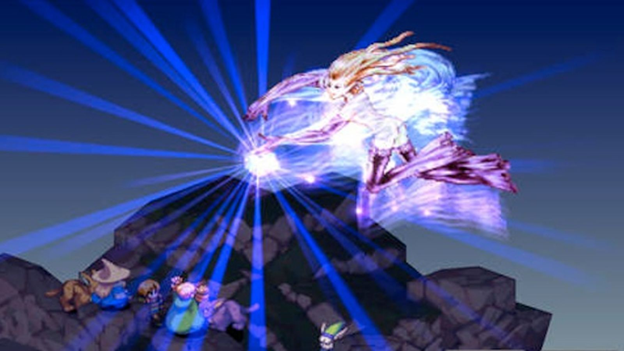
Axed the Moogles, yet kept “Giant Magical Naked Woman.” I should be more surprised.
Tactical RPGs have always been niche in the marketability department, largely because of the significant cognitive investment they entail. As such, any TRPG worth its salt has to both accommodate those interested in formulating stratagems, yet offset it with other elements that will keep inexperienced players coming back for more. Some genre classics, namely FIRE EMBLEM and SUPER MARIO RPG, accomplish this by way of character rapport and a fun story. TACTICS, on the other hand, establishes its pedigree by harboring a deeply customizable experience, gameplay that set the foundation for so many other works both in and out of the genre, and a tonal and narrative eloquence all of the mainstays have emulated since.
TACTICS ups the ante of the series’ previously implemented “job” mechanics and pushes players to combine different class attributes and skills the further you progress with them. In essence, this ability to mish-mash your jobs together between units is the highlight of the customization experience, leading every playthrough and unit to feel diverse. TACTICS likewise challenges players to construct The Most Overpowered Unit—there’s hours of fun to be had in making the most abhorrent combinations to break the game, like maxing out the Ninja class and lending its double-attack ability to a Monk so it can dish out massive damage, or nuking the entire battlefield with a White Mage/Arithmetician combo. Whatever your flavor, TACTICS demands experimentation, and there’s guaranteed to be something there for everyone.
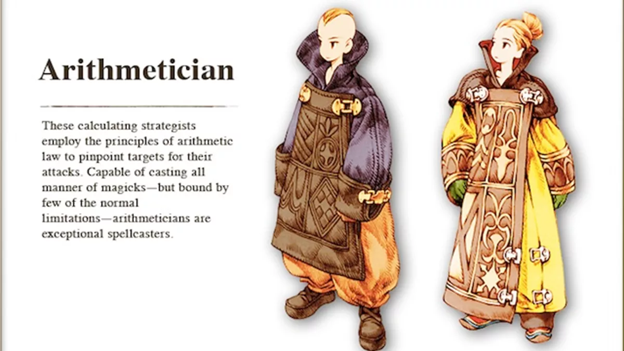
Math wizards ain’t nothin’ to fuck with
Adding to the character-building in the game’s repertoire is an immensely intricate battle system that distinguishes it from its contemporaries, even today. TACTICS broke the mold in multiple ways, from strategizing your plan of attack based around each character’s speed (including enemies) instead of the baton-passing nature of other RPGs, to working in topography and elevation into the equation of how effective each unit would be. It even went as far as working in intricacies like a character’s Zodiac sign, with how well the sign meshes with your other party members dictating better buffs and mitigating the competition’s. Not only did these additions go above the call of duty for both role-playing and strategy games, achieving a level of intimacy yet seen, they also set the stage for future titles to learn from. TACTICS’ combat is daunting and complex, with little room to slip up. But that’s also what makes it so immensely rewarding.
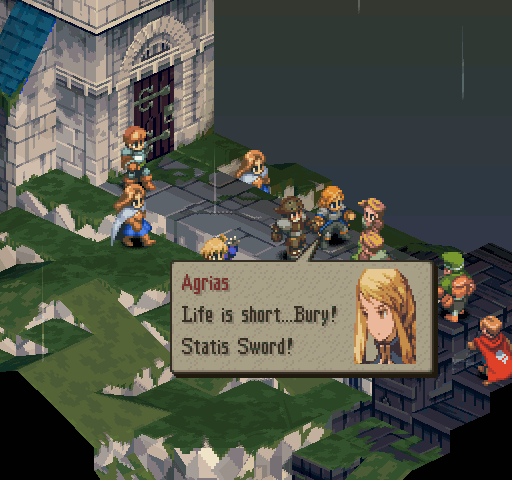
Plus it looks nice, all things considered
However, the game’s notoriety lies not just in its shift from mechanical norms of the series, but also in its diametrically-oppositional stance to traditional tone and narrative. Storywise, TACTICS is framed as a retelling of historical events known as “The War of the Lions,” recounting a time in which the land of Ivalice suffered as several factions vied for control of the royal throne. Woven into this power play are abuses performed by not just the Big Bad but by all involved parties, deeply-rooted plots of conspiracy, and showcases of desperation and heavy psychological ruination created by the power vacuum. It’s a much heavier, somber, and definitely more “adult” offering than people were used to games displaying, and TACTICS presents all its gravitas perfectly.
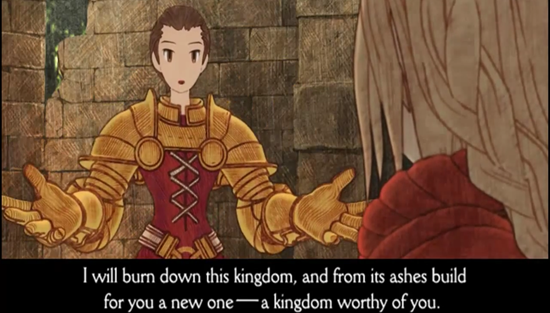
Even though everyone looks like a doll, this shit gets heavy
But what TACTICS’ writing accomplished, more so than just telling an intriguingly complex story, is tell a human story, something most games in the 1990s either didn’t or just couldn’t pull off. Without spoiling the ending, TACTICS communicates that humanity’s imperfections permeate everything we understand as truth, especially our perceived importance and our history. The fate of Ivalice and the players in their war for the throne are dictated by flawed institutions run by flawed individuals, and the impact made on history can easily be overwritten or omitted to suit the will of those who “win.” It’s a very cold, very real message that gives the game so much more depth than the archetypal “Save the World/Princess” vibe of so many games before it.
This game is much more than a successful little experiment. FINAL FANTASY TACTICS did for Square what A Song of Ice and Fire did for the popular fantasy landscape: it challenged what could be used to describe a genre and its forebears, questioning what could be popular and adding teeth to it in both big and small means. Its freedom of composition and lean towards more impactful, realistic stories in the medium would not solely exist in the form of spinoffs or future mainstay titles, but provide the push for the rest of the RPG community to reach towards something greater.






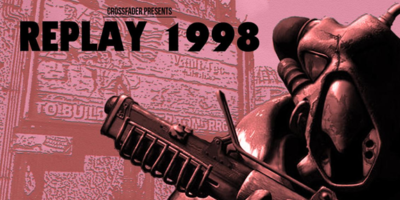
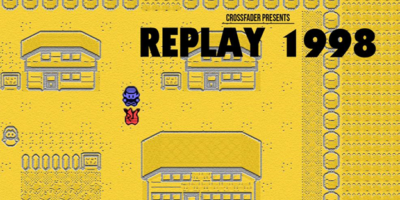
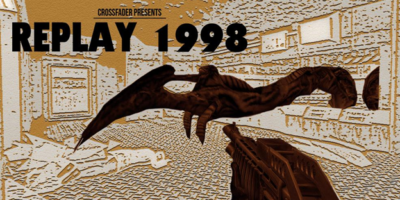
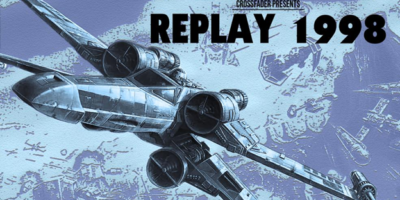
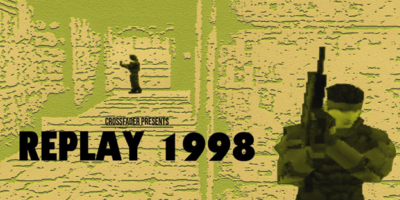
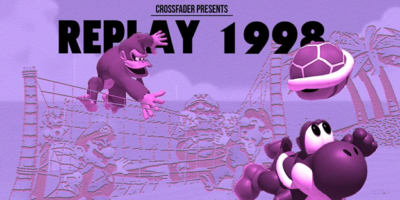

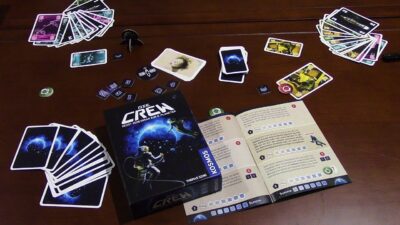

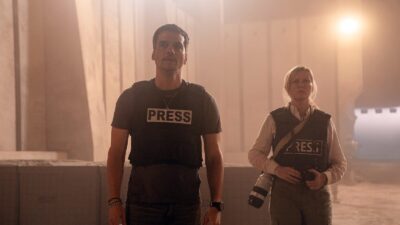
Comments